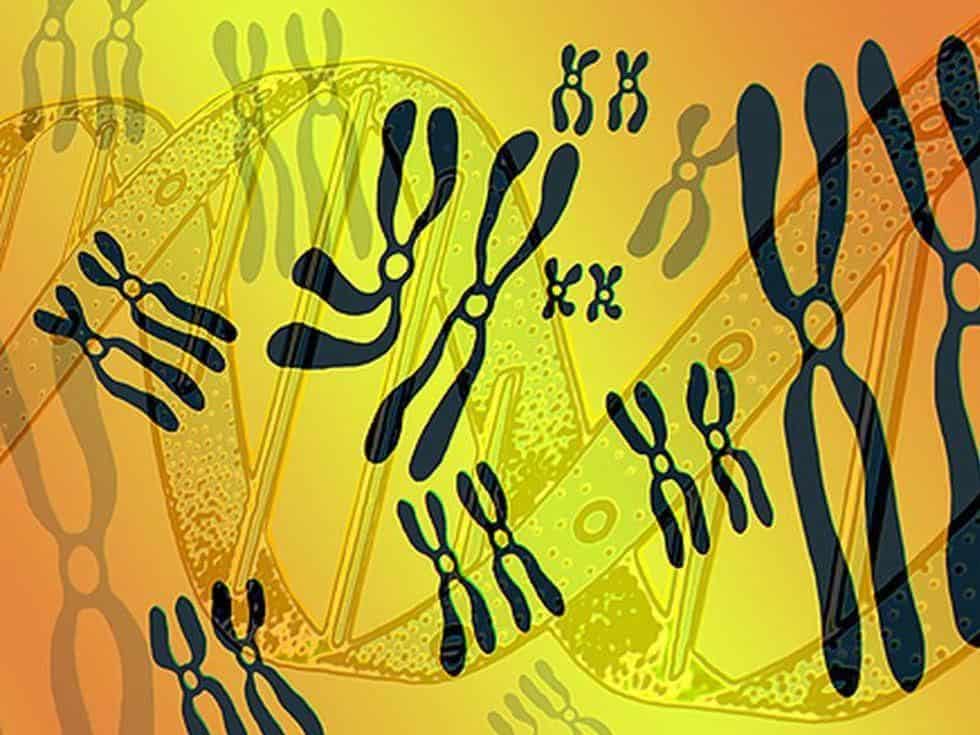THURSDAY, June 17, 2021 (HealthDay News) — Variants in TP73 are associated with risk for amyotrophic lateral sclerosis (ALS), according to a study published online June 16 in Neurology.
Kristi L. Russell, from the University of Utah School of Medicine in Salt Lake City, and colleagues used sequencing data and performed in vitro and in vivo experiments to demonstrate pathogenicity of mutations identified in TP73. Exome sequences were analyzed for 87 sporadic ALS patients and 324 controls; confirmatory sequencing was conducted in independent ALS cohorts with over 2,800 patients.
The researchers identified five heterozygous rare, nonsynonymous mutations in TP73 in the sporadic ALS cohort. Nineteen additional rare, deleterious variants were identified in TP73 in independent ALS cohorts. In the myoblast differentiation assay, patient TP73 mutations caused abnormal differentiation and increased apoptosis, with abnormal myotube appearance. Immunoprecipitation of mutant ΔN-p73 indicated that mutations impair the ability of ΔN-p73 to bind to p53. Impaired motor neuron development and abnormal axonal morphology concordant with ALS pathology were seen in CRISPR/Cas9 knockout of tp73 in zebrafish.
“Together, our results strongly suggest that mutations in the gene TP73 increase the risk of ALS,” a coauthor said in a statement. “Our research indicates that cell death linked to these mutations may be factor in the development of ALS. This discovery provides a new target for researchers working to develop therapies to slow or even stop the progression of ALS.”
Several authors disclosed financial ties to the biopharmaceutical industry.
Abstract/Full Text (subscription or payment may be required)
Editorial (subscription or payment may be required)
Copyright © 2021 HealthDay. All rights reserved.


